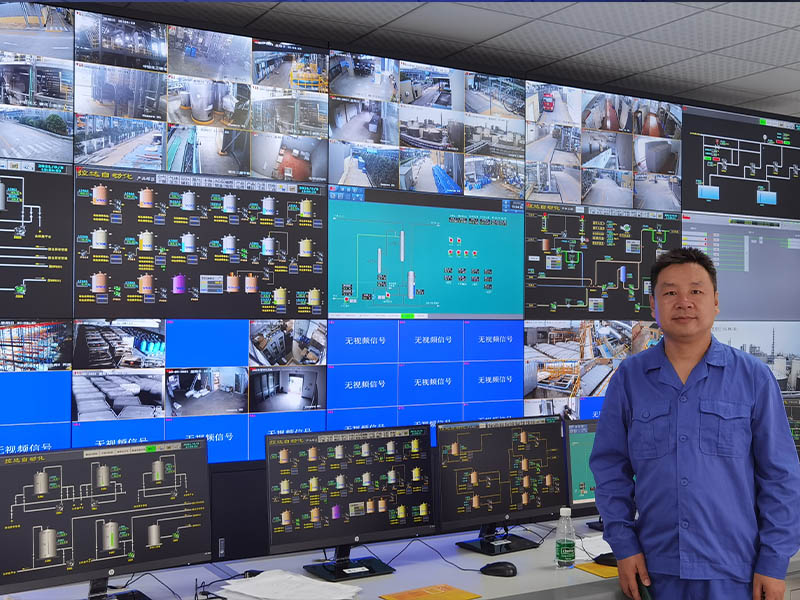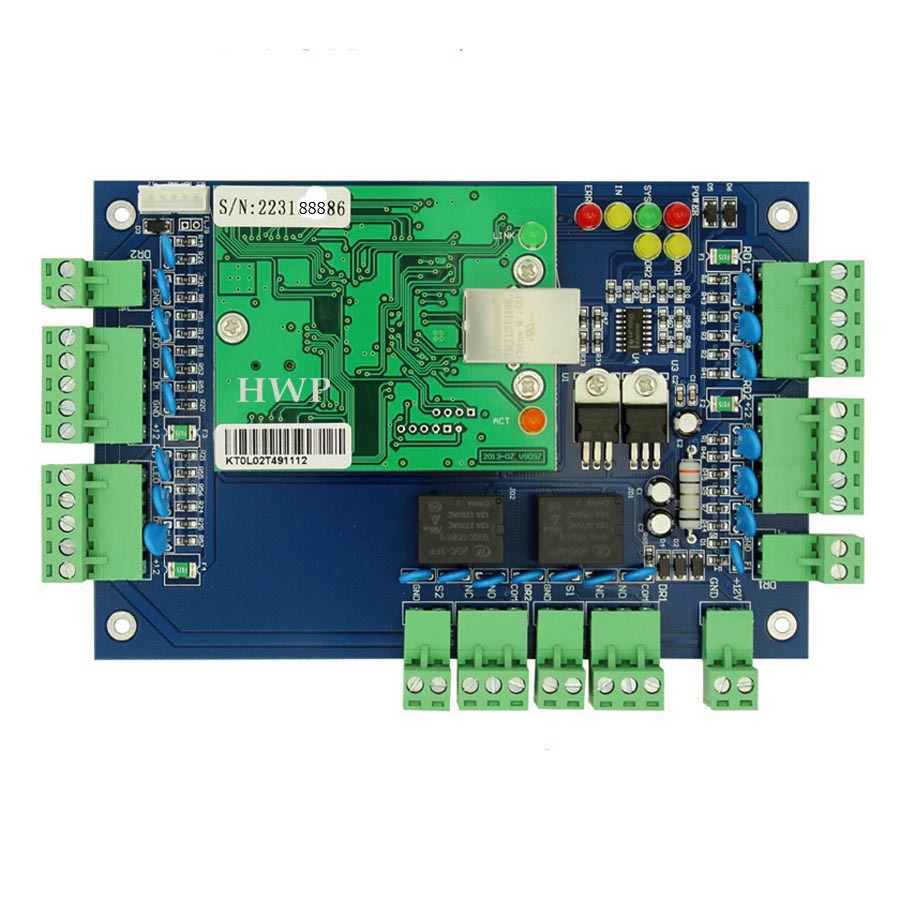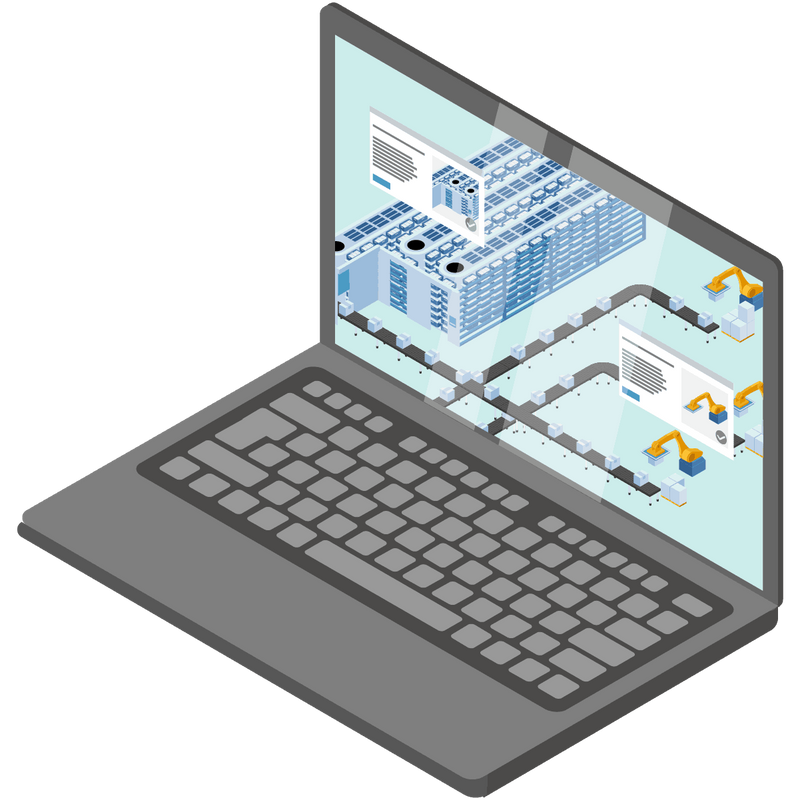So here's the deal, if you're diving into the world of smart technology, finding the best remote IoT control system is like finding the holy grail of convenience. Imagine controlling your entire home with just a tap on your phone or a voice command. That's not just cool—it's game-changing. Whether you're tech-savvy or just starting out, this is the kind of system that makes life easier, smarter, and more efficient. Stick around, because we’re about to break down everything you need to know about the best remote IoT control systems out there.
Now, why is this so important? In today's fast-paced world, having a reliable remote IoT control system isn't just a luxury—it's a necessity. From managing your home appliances to monitoring security, these systems give you peace of mind no matter where you are. Plus, with the rise of smart homes, the demand for top-notch remote IoT solutions has skyrocketed. And hey, who wouldn't want to turn off the lights or adjust the thermostat from halfway across the globe?
But hold up—before we dive deep, let’s clarify something. The term "remote IoT control system" might sound intimidating, but it’s actually pretty straightforward. It’s all about connecting devices through the Internet of Things (IoT) and controlling them remotely via apps, dashboards, or even voice assistants. Simple, right? Let’s get into the nitty-gritty and see which systems stand out in this rapidly growing market.
Read also:Demond Wilson The Rising Star In Hollywood
Understanding Remote IoT Control Systems
Alright, so what exactly is a remote IoT control system? Picture this: your home is a network of smart devices that can communicate with each other and with you. A remote IoT control system acts as the brain of this network, allowing you to manage everything from lighting to security cameras, all from your smartphone or tablet. It's like having a personal assistant for your home, but way cooler.
How Does It Work?
Here's the scoop: remote IoT control systems work by connecting devices to the internet, enabling them to send and receive data. These systems typically use protocols like Wi-Fi, Bluetooth, or Zigbee to ensure smooth communication between devices. For example, when you want to turn off a smart light bulb from your phone, the app sends a signal to the IoT platform, which then communicates with the bulb to turn it off. Pretty neat, huh?
Let’s break it down further:
- Devices: Smart thermostats, lights, cameras, locks, and more.
- Connectivity: Wi-Fi, Bluetooth, Zigbee, or Z-Wave.
- Control Methods: Mobile apps, web dashboards, or voice assistants like Alexa or Google Assistant.
Top Features to Look For
When it comes to choosing the best remote IoT control system, there are a few key features you should keep an eye out for. These features not only enhance the user experience but also ensure that your system is reliable, secure, and future-proof. Here’s what you need to know:
1. Easy Setup and Integration
No one likes complicated setups, right? The best systems are those that are easy to install and integrate with other smart devices. Look for platforms that offer plug-and-play functionality and compatibility with a wide range of devices. This way, you can expand your smart home ecosystem without any hassle.
2. User-Friendly Interface
A good remote IoT control system should have an intuitive interface that makes managing your devices a breeze. Whether it’s a mobile app or a web dashboard, the design should be clean, responsive, and easy to navigate. After all, you don’t want to spend hours figuring out how to use your own system.
Read also:Aagmalcom Your Ultimate Destination For Digital Excellence And Beyond
3. Security and Privacy
Let’s be real—security is a big deal when it comes to IoT. With so much personal data being transmitted, it’s crucial to choose a system that prioritizes encryption, secure authentication, and regular software updates. Make sure the platform you choose has a solid track record of protecting user data.
Top Remote IoT Control Systems to Consider
Now that you know what to look for, let’s take a look at some of the best remote IoT control systems available in the market. Each of these platforms offers unique features and benefits, so it’s important to choose one that aligns with your needs and budget.
1. SmartThings by Samsung
SmartThings is one of the most popular remote IoT control systems out there, and for good reason. It offers seamless integration with a wide range of devices, an easy-to-use app, and robust automation capabilities. Plus, it works with both Alexa and Google Assistant, making it a versatile choice for any smart home.
2. Home Assistant
If you’re into DIY projects, Home Assistant might be the perfect fit for you. This open-source platform allows you to customize your smart home setup to your heart’s content. While it may require a bit more technical know-how, the flexibility and control it offers are unmatched.
3. Apple HomeKit
For those firmly in the Apple ecosystem, HomeKit is a no-brainer. It offers tight integration with iOS devices, robust security features, and compatibility with a growing number of third-party devices. Plus, Siri makes voice control a breeze.
Factors to Consider When Choosing a System
Before you pull the trigger on a remote IoT control system, there are a few factors you should consider. These factors will help you make an informed decision and ensure that you choose the right system for your needs.
1. Budget
Let’s face it—smart home technology can be expensive. While some systems offer affordable entry points, others can quickly add up, especially if you’re looking to outfit your entire home. Set a budget and stick to it, but don’t compromise on quality.
2. Device Compatibility
Not all systems are created equal when it comes to device compatibility. Make sure the platform you choose supports the devices you already own or plan to purchase. This will save you a lot of headaches down the line.
3. Customer Support
Even the best systems can have hiccups, so it’s important to choose a platform with reliable customer support. Look for companies that offer 24/7 support, detailed documentation, and active community forums.
Benefits of Using a Remote IoT Control System
So, why should you invest in a remote IoT control system? Here are just a few of the many benefits:
1. Convenience
Who doesn’t love convenience? With a remote IoT control system, you can manage your entire home from anywhere in the world. Whether you’re turning off lights, adjusting the thermostat, or checking on your security cameras, it’s all just a tap away.
2. Energy Efficiency
Smart home systems can help you save energy and reduce your carbon footprint. By automating tasks like turning off lights when you leave a room or adjusting the thermostat based on your schedule, you can significantly cut down on energy consumption.
3. Enhanced Security
Remote IoT control systems can also boost your home’s security. With features like real-time alerts, remote locking, and smart cameras, you can keep an eye on your property no matter where you are.
Challenges and Limitations
While remote IoT control systems offer plenty of benefits, they’re not without their challenges. Here are a few things to keep in mind:
1. Connectivity Issues
Without a stable internet connection, your IoT system won’t work as intended. Make sure your home has a reliable Wi-Fi network to avoid any disruptions.
2. Privacy Concerns
As we mentioned earlier, security is a big deal when it comes to IoT. Be sure to choose a system that takes privacy seriously and implements strong security measures.
3. Complexity
Some systems can be overwhelming, especially for beginners. If you’re new to smart home technology, start with a simple setup and gradually expand as you become more comfortable.
Future Trends in Remote IoT Control Systems
So, what’s on the horizon for remote IoT control systems? Here are a few trends to watch out for:
1. AI-Powered Automation
Artificial intelligence is set to revolutionize the way we interact with our smart homes. AI-powered systems will be able to learn your habits and preferences, making automation even more seamless and personalized.
2. Enhanced Security Features
As cyber threats become more sophisticated, IoT systems will need to step up their security game. Expect to see more advanced encryption, biometric authentication, and real-time threat detection.
3. Increased Device Compatibility
As the IoT ecosystem continues to grow, we’ll see more platforms offering compatibility with a wider range of devices. This will make it easier than ever to create a fully integrated smart home.
Conclusion
So there you have it—a comprehensive guide to the best remote IoT control systems. Whether you’re looking for convenience, energy efficiency, or enhanced security, these systems have got you covered. Just remember to consider your budget, device compatibility, and security needs before making a decision.
Now, it’s your turn. Have you tried any of these systems? What do you think about the future of smart home technology? Drop a comment below and let us know. And if you found this article helpful, don’t forget to share it with your friends and family. Together, let’s build a smarter, more connected world!
Table of Contents
- Understanding Remote IoT Control Systems
- Top Features to Look For
- Top Remote IoT Control Systems to Consider
- Factors to Consider When Choosing a System
- Benefits of Using a Remote IoT Control System
- Challenges and Limitations
- Future Trends in Remote IoT Control Systems
- Conclusion



